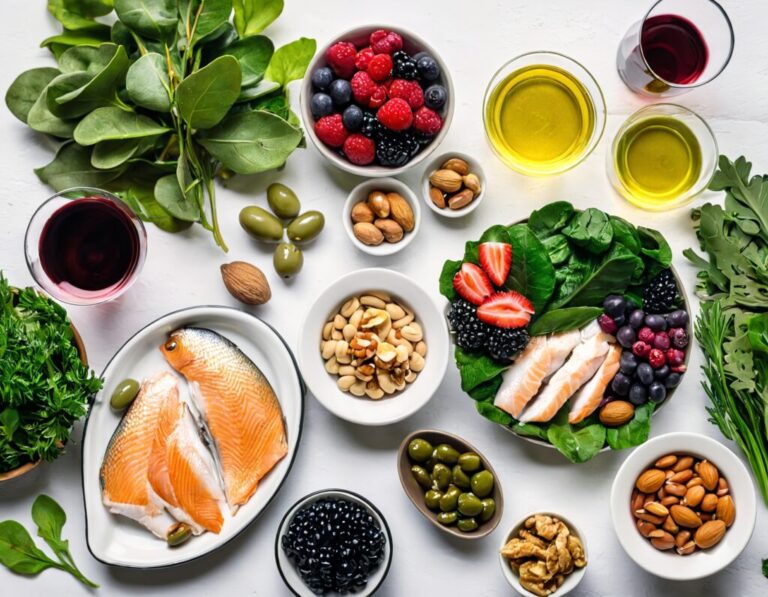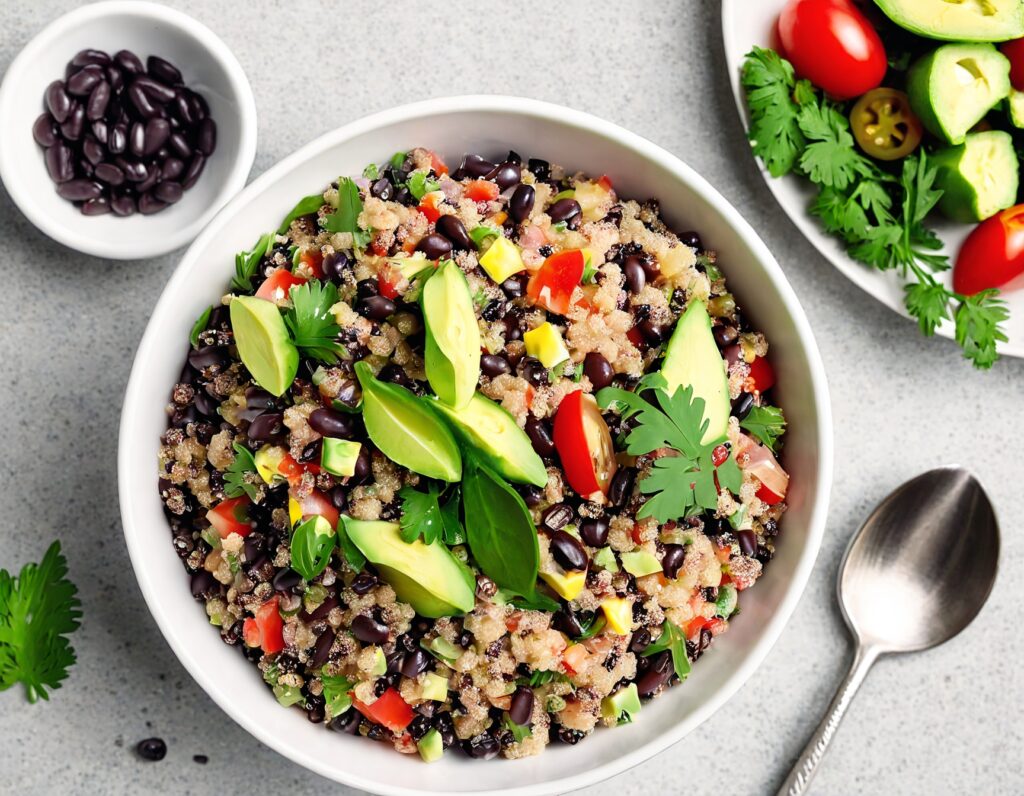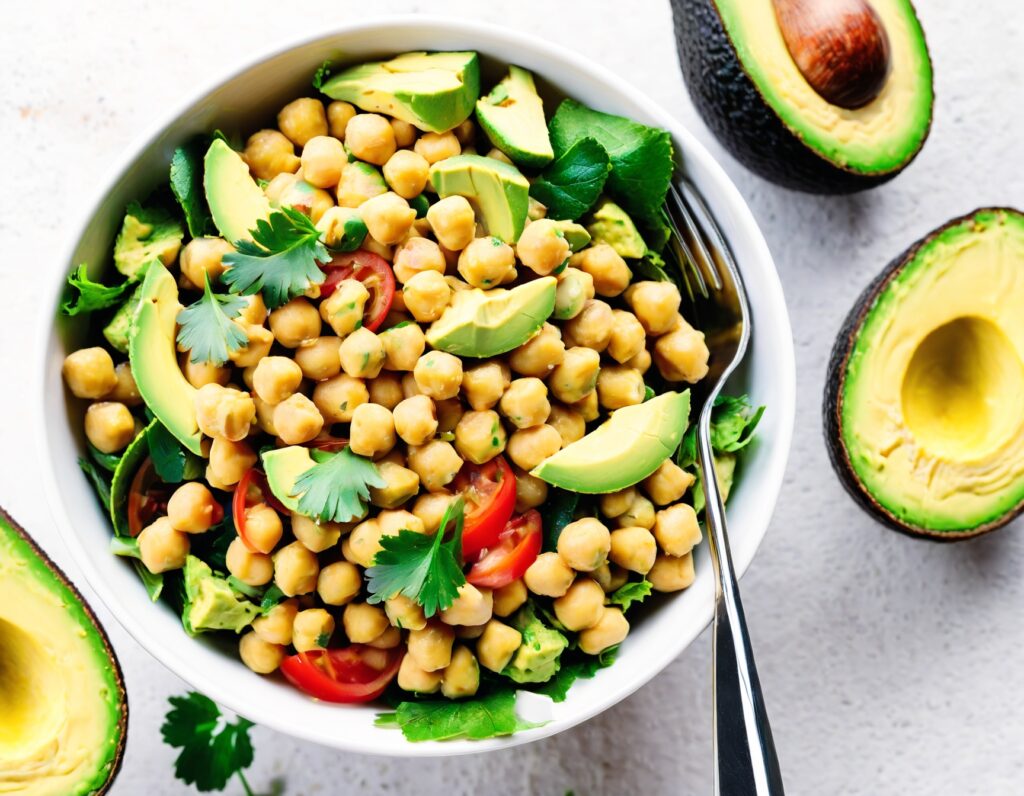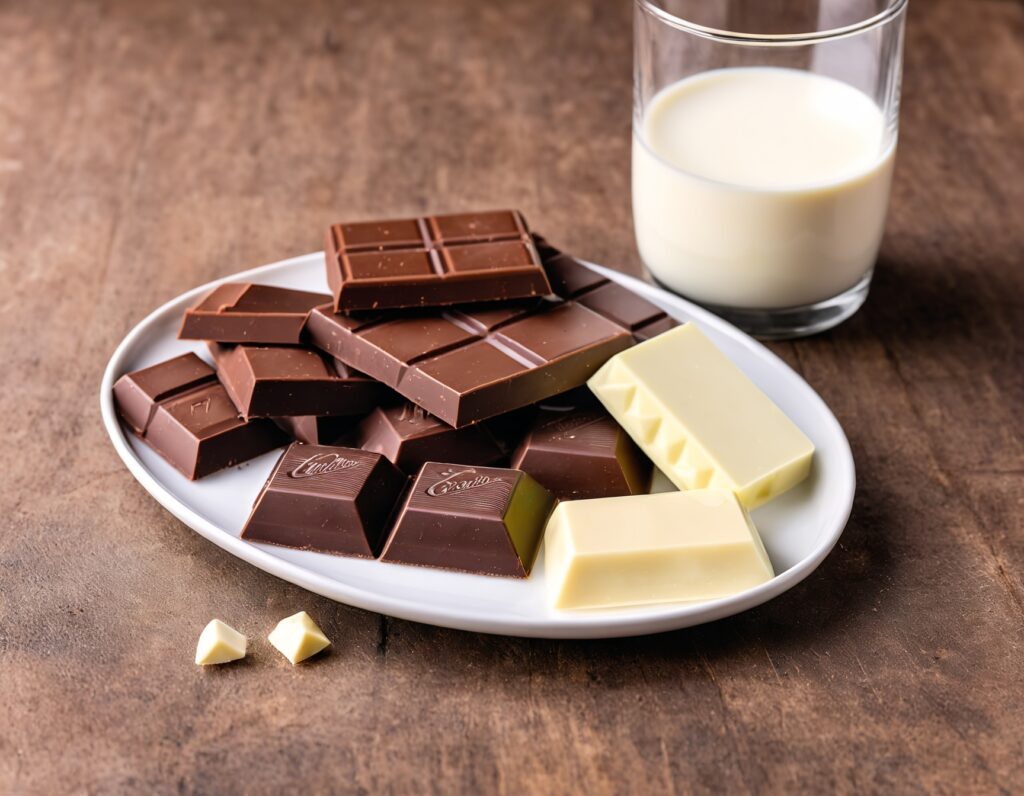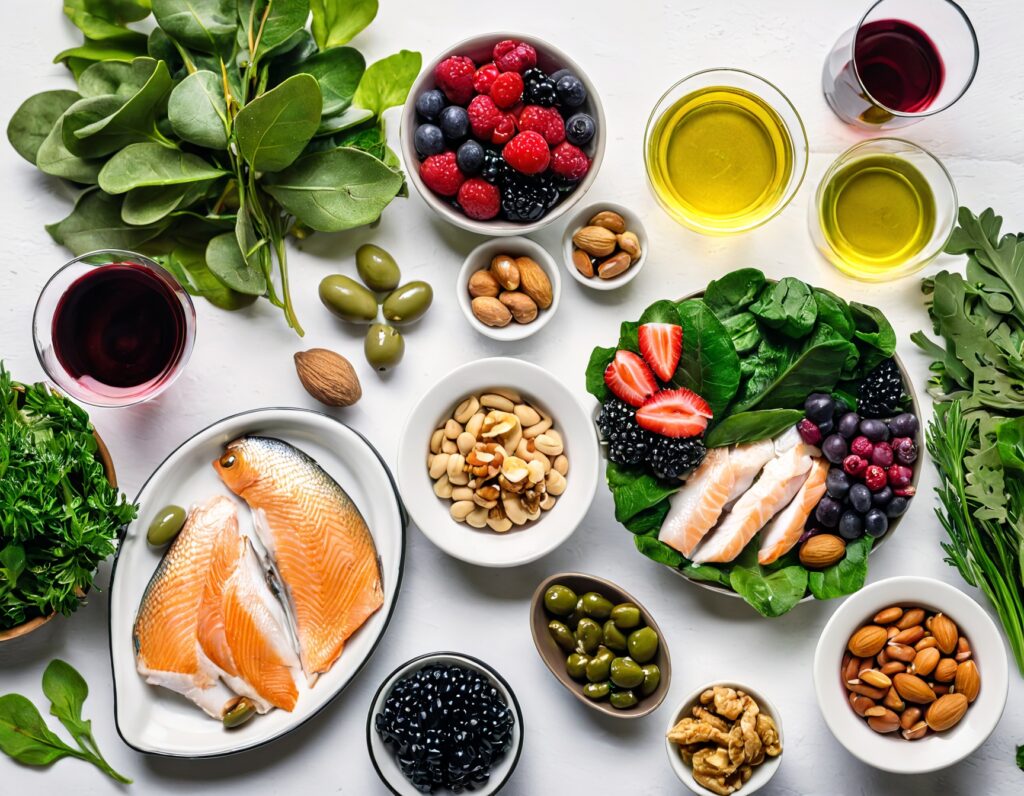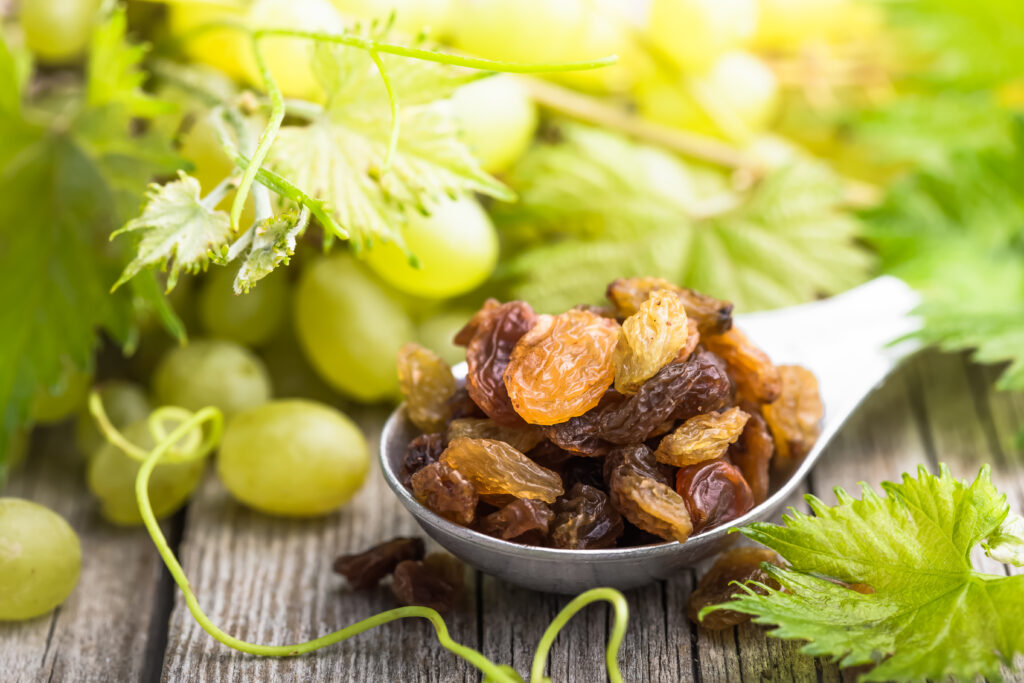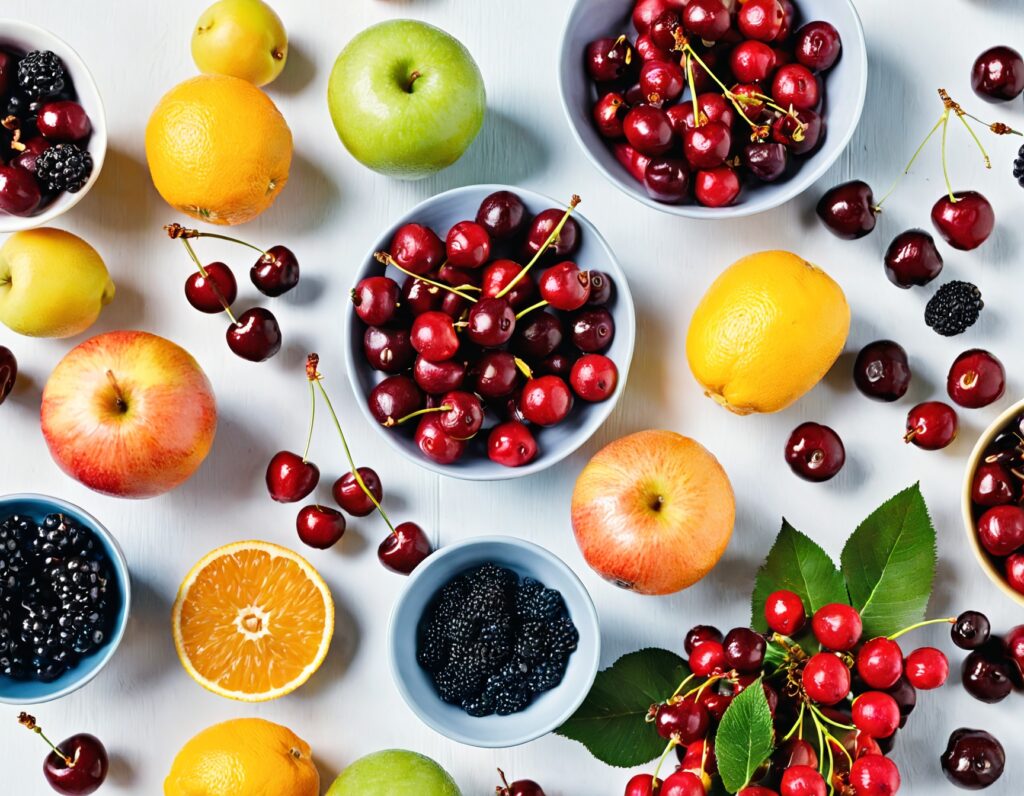Daily Avocado Benefits: Transform Your Health with This Super food
Avocados are more than just a trendy topping for toast—they are packed with beneficial nutrients and can play a significant role in a healthy diet. Incorporating avocados into your daily routine can lead to various health improvements. Read on to discover how this superfood can transform your overall well-being.
Nutritional Powerhouse
Avocados are a nutritional powerhouse loaded with essential vitamins, minerals, and healthy fats. Here are some key nutrients found in avocados:
- Monounsaturated Fats: These healthy fats can help lower bad cholesterol levels and are beneficial for heart health.
- Fiber: Avocados are high in dietary fiber, aiding digestion and promoting a healthy gut.
- Vitamins: Rich in vitamins such as K, E, C, and several B vitamins, avocados contribute to overall health and vitality.
- Potassium: This mineral helps regulate blood pressure and supports nerves and muscles.
- Folate: Essential for cell growth and function, folate is particularly important for women during pregnancy.
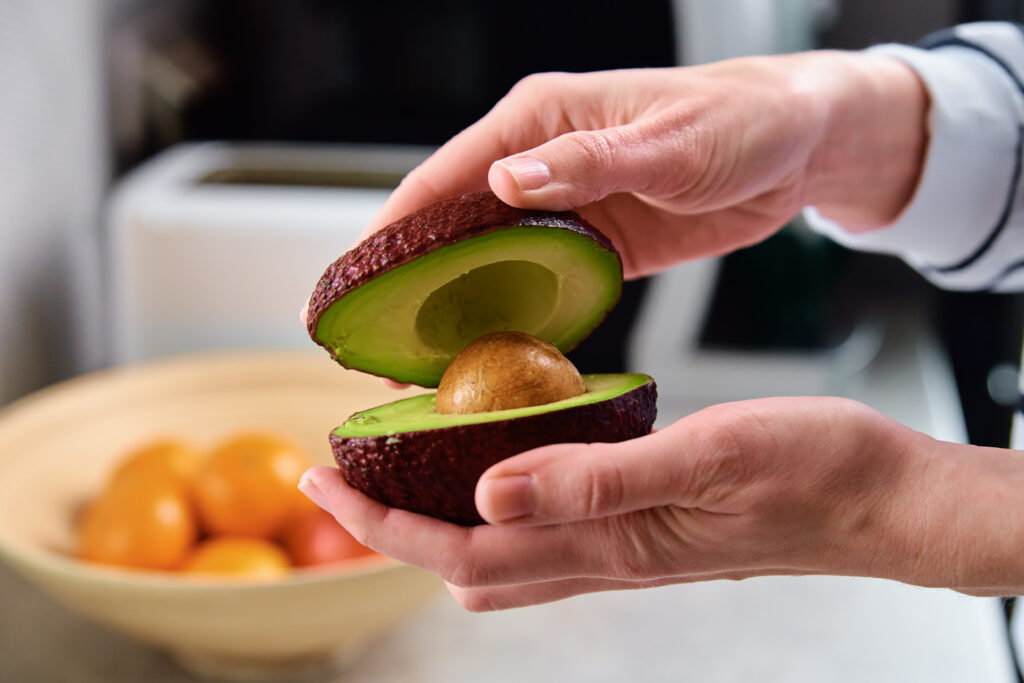
Aiding Heart Health
Including avocados in your diet can have significant benefits for heart health. Here’s how:
Lowering Cholesterol Levels
Avocados are rich in monounsaturated fats, which can help reduce levels of bad cholesterol (LDL) while maintaining good cholesterol (HDL). Maintaining healthy cholesterol levels is crucial in preventing heart disease.
Regulating Blood Pressure
The high levels of potassium in avocados can help regulate blood pressure. Potassium helps balance sodium levels in the body, reducing the tension in blood vessel walls and thereby lowering blood pressure.
Promoting Digestive Health
Avocados are high in dietary fiber, which plays a key role in promoting digestive health. Fiber aids in the regulation of bowel movements, preventing constipation and supporting overall gut health.
Preventing Constipation
The fiber content in avocados adds bulk to the stool, making it easier to pass and preventing constipation. This helps keep your digestive system in optimal condition.
Supporting Gut Health
Diverse and fiber-rich diets are associated with a healthy gut microbiome. The dietary fiber found in avocados serves as food for beneficial gut bacteria, promoting a more balanced and healthy digestive system.
Boosting Skin and Hair Health
The benefits of avocados extend beyond internal health. This superfood can also enhance your skin and hair health:
Hydrating Skin
Avocados are rich in healthy fats and vitamins, which can help keep your skin hydrated and smooth. The vitamin E in avocados also acts as an antioxidant, protecting your skin from oxidative damage.
Nourishing Hair
The vitamins and fatty acids in avocados nourish hair, making it stronger and less prone to breakage. Regular consumption of avocados can help hair maintain its shine and overall health.
Supporting Eye Health
Avocados are rich in antioxidants such as lutein and zeaxanthin, which are beneficial for eye health. These antioxidants help to protect against age-related macular degeneration and other eye conditions.
Reducing Risk of Eye Conditions
Consuming avocados regularly provides your eyes with these essential antioxidants, reducing the risk of eye conditions and maintaining overall eye health as you age.
Versatile Usage and Tasty Recipes
Avocados are extremely versatile and can be incorporated into your diet in numerous ways. Here are some delicious and easy ideas:
- Avocado Toast: Mash an avocado, spread it on whole-grain toast, and top with a pinch of salt and pepper for a nutritious breakfast.
- Smoothies: Add avocados to your morning smoothie for added creaminess and a nutritional boost.
- Salads: Dice avocados and add them to salads for a creamy texture and a healthy dose of fats.
- Guacamole: A classic and delicious way to enjoy avocados, simply mash them with lime juice, salt, and other favorite ingredients.
- Baked Goods: Swap out butter or oil with mashed avocado in your baking recipes for a healthier alternative.
Conclusion
Incorporating avocados into your daily diet can yield a myriad of health benefits. From improving heart and digestive health to enhancing skin and hair, this superfood stands out as a versatile and nutritious addition to any meal. So, why wait? Start enjoying daily avocado benefits and transform your health with this incredible superfood!




